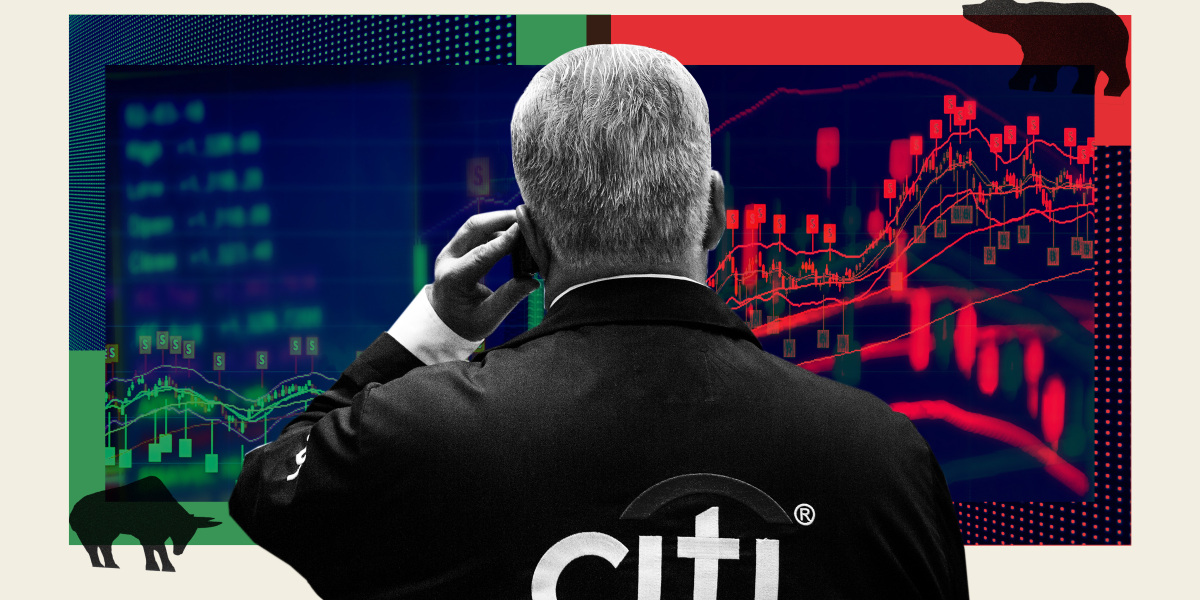
The court heard oral arguments for two cases related to Biden’s widespread student loan forgiveness plan. The conservative justices questioned, in particular, the Biden administration’s ability to implement the program without Congressional approval, and whether the HEROES Act was appropriate legal justification for widespread forgiveness.
“We take very seriously the idea of separation of powers and that power should be divided to prevent its abuse,” said Chief Justice John Roberts.
The conservative justices also questioned the fairness of the program: Why should some people receive forgiveness for debts and not others?
“Why is it fair?” asked Justice Samuel Alito. “Why was it fair to the people who didn’t get arguably comparable relief?”
But before they can rule on whether the student loan debt forgiveness plan is legal, they must decide on standing. Other justices, including Amy Coney Barrett, a conservative, questioned whether the states—Arkansas, Iowa, Kansas, Missouri, Nebraska, and South Carolina—and two individuals who brought the cases have the right to do so. In order to have standing, the states and the individuals must show that they would suffer a concrete harm as a result of the loan forgiveness plan.
Right now, that hinges on whether potential financial harm incurred by MOHELA, a student loan servicer, would also affect the state of Missouri. The servicer, which is not party to the lawsuit, could potentially lose revenue if forgiveness is implemented. The states argue this in turn would decrease how much the servicer contributes to support higher-education programs in Missouri.
The liberal justices did not seem to buy this reasoning, and questioned why MOHELA was not present. And the Biden administration argues that the arguement doesn’t matter anyway, because MOHELA is separate from the state.
“Usually we don’t allow one person to step into another’s shoes and say, ‘I think that that person suffered a harm,’ even if the harm is very great,” Justice Elena Kagan said.
The liberal justices also stressed that Congress gave the executive branch the power to implement changes to the repayment program through the HEROES Act.
The decision is not expected until May or June. Vaishali Rao, partner at Hinshaw & Culbertson, says she expects the justices will act quickly to deliver the opinion because of the huge economic stakes. The forgiveness plan could apply to as many as 40 million federal borrowers, according to the White House, and cost $400 billion.
Individual borrowers and student loan servicers alike will need time to plan and prepare their finances regardless of whether forgiveness is implemented.
“It doesn’t seem lost on the justices that it’s a big deal for individual people and for the industry,” says Rao, who represents servicers, debt collectors, and lenders, and has also investigated student loan origination, servicing, and debt collection practices. “And a decision sooner would help give some clarity.”
Biden’s plan, announced in August 2022, would cancel up to $10,000 in federal student loan debt for borrowers earning under $125,000 per year (and under $250,000 for married couples), and up to $20,000 for those who received Pell Grants while in school and meet the same income requirements.
Federal student loan payments, which have been paused for nearly three years, will restart 60 days after the court releases its final ruling.
Learn how to navigate and strengthen trust in your business with The Trust Factor, a weekly newsletter examining what leaders need to succeed. Sign up here.



